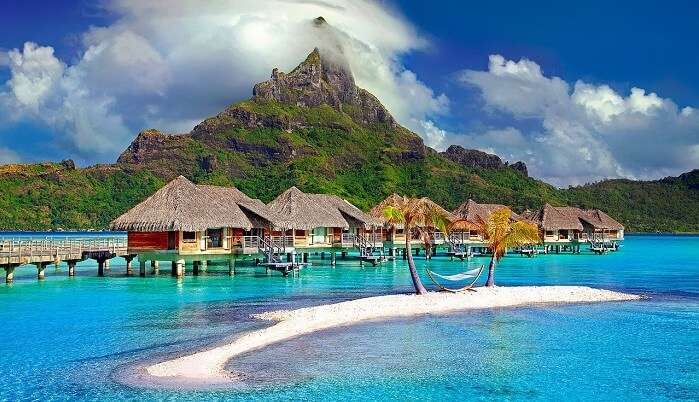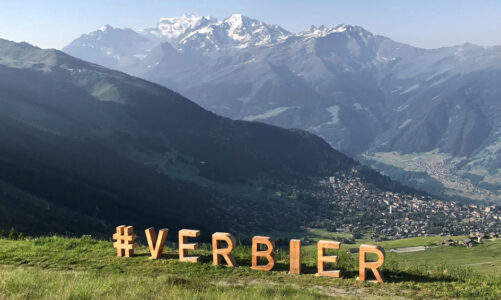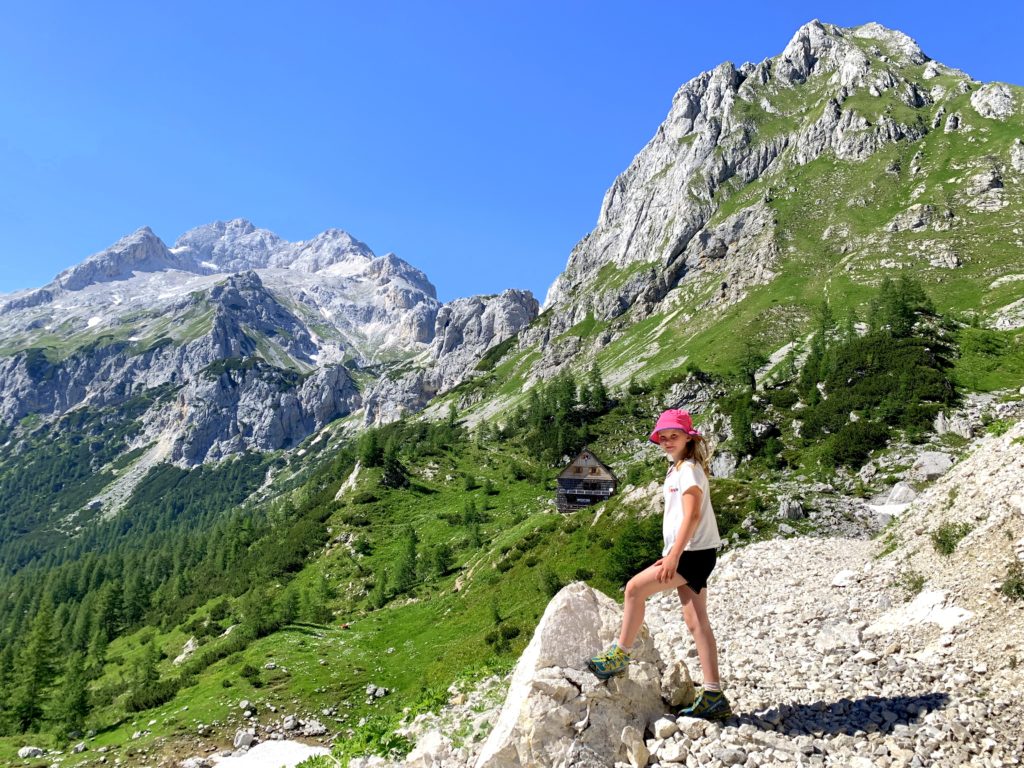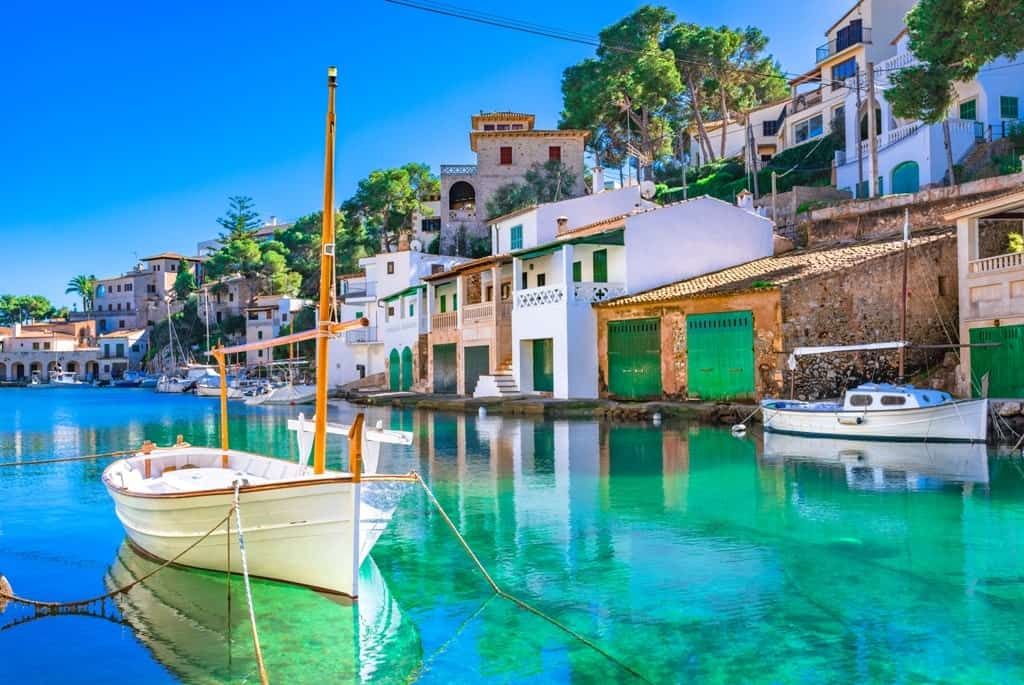Summer vacations typically make you think of beaches, rivers, swimming and other warm-weather activities. However, some locations may be too hot to be comfortable. Instead, try these six locations with much cooler weather and plenty of fun things to do.

Summer is an excellent time to holiday because the kids are out of school and many tourist spots open up for the season. However, the typical summer destinations can bring uncomfortably hot weather. The beach can be fun, but the sunburn is not.
Instead of looking at warm destinations, head to a vacation spot cool enough for a sweater. Here are the six best summer travel destinations to beat the heat.
Reykjavik, Iceland

Blue Lagoon
Beating the heat means travelling north, so head to the northernmost capital in the world — Reykjavik, Iceland. July is Reykjavik’s hottest month, with an average high of 58° Fahrenheit. Summer is an excellent time to visit Iceland because the sun doesn’t set until almost midnight due to how far north it is.
Reykjavik provides fun opportunities for the whole family. Despite the cool temperatures, you can go swimming at Blue Lagoon Iceland. This facility has a heated pool with algae and other minerals to soothe your body.
Summers in Reykjavik also provide a chance to embrace nature. You can watch the majestic humpback, blue and minke whales on the coast as they migrate in the ocean. Reykjavik is only a few hours away from beautiful waterfalls like Gullfoss and Seljalandsfoss. These natural wonders are an excellent way to get outside the city and absorb nature.
Bergen, Norway

Bergen, Norway
You can find another terrific northern European excursion in Bergen, Norway. The city is about 300 kilometres — or 186 miles — away from Oslo, the Norwegian capital. Temperatures in Bergen rarely exceed 70° F providing excellent weather for Norwegian fun.
Bergen is famous for its location on Norway’s west coast, providing travellers access to the North Sea and proximity to mountains and fjords. The city has a rich history of trade dating back nearly 1000 years. The old wharf — Bryggen — is a central part of Bergen’s history and a UNESCO World Heritage site because of its well-preserved architecture and historical significance.
The city has multiple surrounding mountains, providing easy access for those who want outdoor adventures. Mount Ulriken is the region’s highest point, reaching just over 2,100 feet. Travellers can zipline down it and view incredible scenery as they fly to the base.
In Bergen, you’ll find summer fun with festivals throughout the season. They start during the shoulder season, with Festspillene in late May. This two-week celebration has commemorated music, dance, literature and other art since the first one in 1953. A few weeks later, you can enjoy Bergenfest to celebrate incredible music worldwide. Famous groups like the Lumineers, the Killers and the Arctic Monkeys have performed at this festival.
Newfoundland, Canada

Newfoundland
The northeast coast of Canada is where you’ll find the cool summer destination of Newfoundland and Labrador. This Canadian province is famous for its fishing villages and history dating back to the Viking days. Winters can be brutal here, but summer temperatures peak at about 70° F in July and August.
Newfoundland is a fantastic place to visit if you seek a food adventure. Its proximity to the Atlantic coast gives you fresh seafood no matter where you travel in the province.
The British Isles and Canada influence the local cuisine, so try the local spin on tasty dishes like fish and chips or codfish cakes. Get a plate of figgy duff topped with whipped cream for a famous Newfoundland dessert.
The comfortable weather provides excellent conditions for a hike. Visit Gros Morne National Park for another opportunity to see a UNESCO World Heritage Site. This park has numerous hiking paths, like the Gros Morne Mountain Trail and the Western Brook Pond Trail. You might see beautiful wildlife like caribou, seals and black bears as they roam the terrain.
Denali National Park, Alaska

Denali National Park
Denali National Park and Preserve is the third-largest national park in the United States, offering nearly 7,500 square miles of summer fun for the family. It often eclipses 500,000 annual visitors, with many tourists coming in the summer. Try visiting during the shoulder seasons of May and September to avoid the largest crowds.
The national park is home to Denali — the highest point in North America at just over 20,000 feet. Its peak overlooks thousands of miles of lush wilderness with diverse wildlife. At Denali National Park, you’ll see foxes and ground squirrels on the trails. Occasionally, you may spot a black bear or a moose traversing the land.
Denali is near population centers like Talkeetna and Anchorage — the state capital. Here, you’ll find popular tasty seafood like crab and salmon fresh from the sea. Alaska provides 29% of the world’s crab supply, so these cities allow you to eat them directly from the source. Besides seafood, Alaska is famous for reindeer sausage, akutaq and fireweed doughnuts.
Los Glaciares National Park, Argentina

Los Glaciars
Travelling close to the Arctic Circle is a fantastic way to beat the heat. However, the southern hemisphere also offers cold destinations because of the swapped seasons. Travelling to places like Los Glaciares National Park in south Argentina offers a winter getaway in the middle of the northern hemisphere summer.
Los Glaciares National Park is the largest park in Argentina, with over 2,800 square miles of park to roam. June, July and August provide cold temperatures hovering around 40° F, so it’s terrific for cold-weather seekers.
As the name suggests, the park is famous for its glaciers. You can see nearly 50 gigantic glaciers between 5,000 and 8,000 feet above sea level. Los Glaciares National Park is also an opportunity to see unique wildlife, such as Andean condors and guanacos. The site has designated campgrounds for travellers to relax under the stars and enjoy nature.
Getting to this national park can be tricky for tourists. The easiest way for international visitors may be a three-hour flight from Buenos Aires to El Calafate.
West Coast, New Zealand

West Coast, New Zealand
Another beautiful southern hemisphere landscape is the West Coast of New Zealand. Indigenous people have inhabited the land for thousands of years, making it rich with history with the Ngāi Tahu tribe.
Like the Argentine park, New Zealand’s west coast is famous for glaciers. At Westland Tai Poutini National Park, you can see the Franz Josef Glacier, spanning nearly eight miles. Hike to the glacier or see it from above in a helicopter. Fox Glacier — another renowned landmark on New Zealand’s West Coast — is southwest of Franz Josef.
New Zealand is famous for its abundance of wildlife. You’ll likely see sheep and springboks while driving, so be cautious and let the animals cross the road. The West Coast is also a terrific area for wildlife watching. You’ll see sperm and orca whales, dolphins, seals and other incredible creatures in the Tasman Sea.
Summer vacations typically make you think of beaches, rivers, swimming and other warm-weather activities. However, some locations may be too hot to be comfortable. Instead, try these six locations with much cooler weather and plenty of fun things to do.



